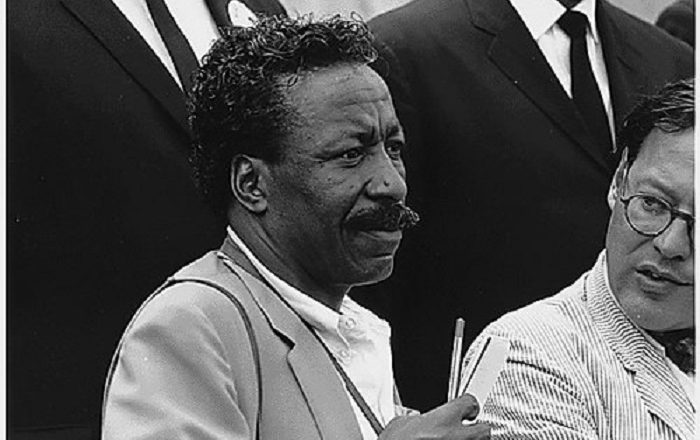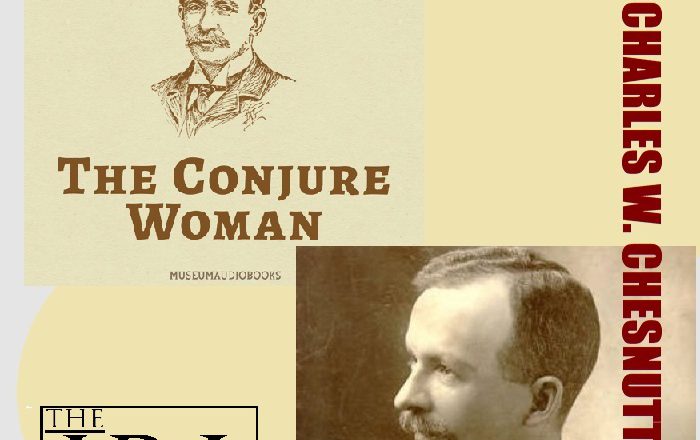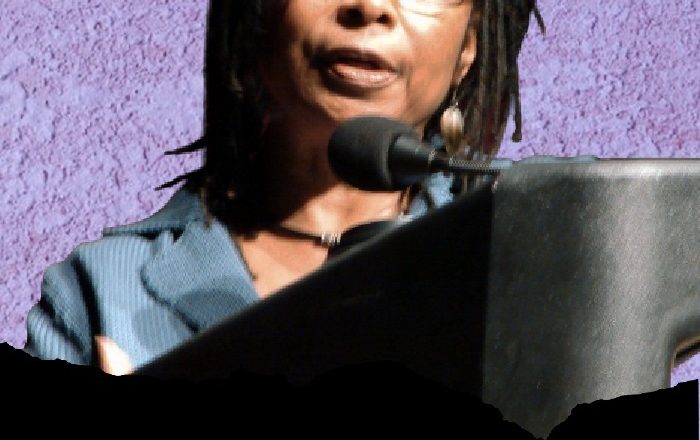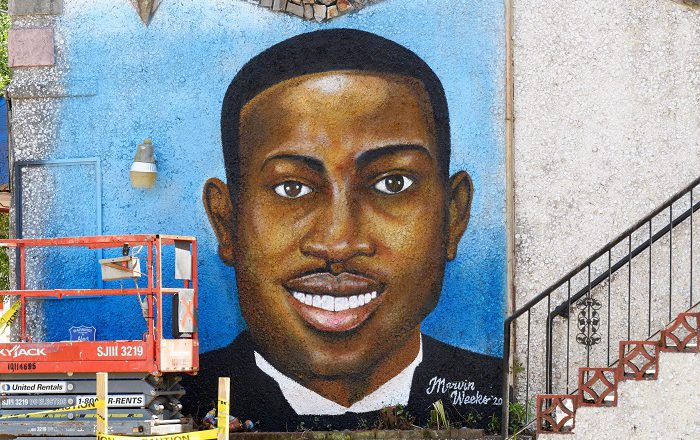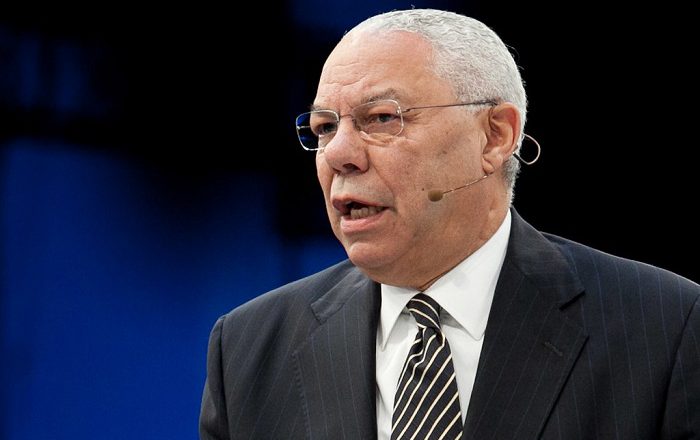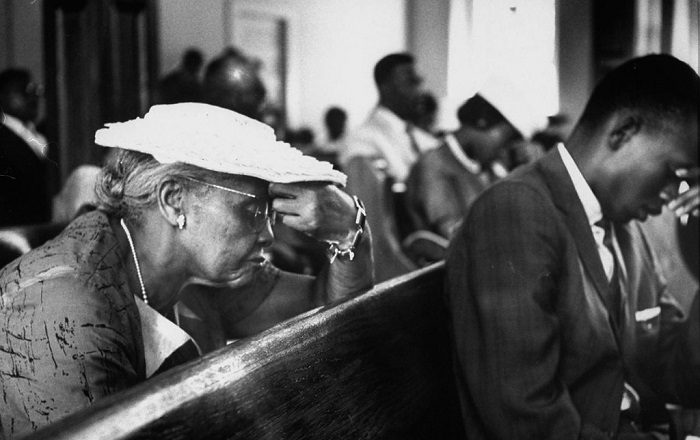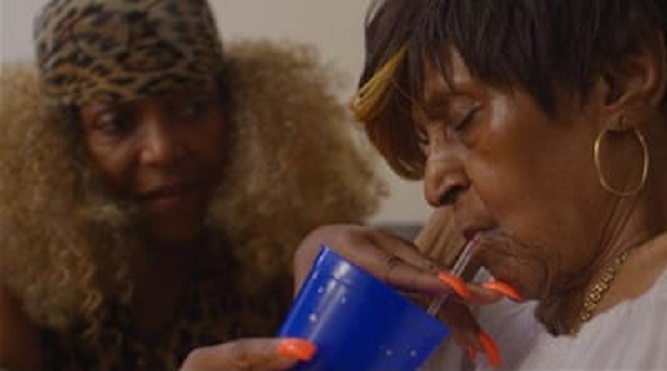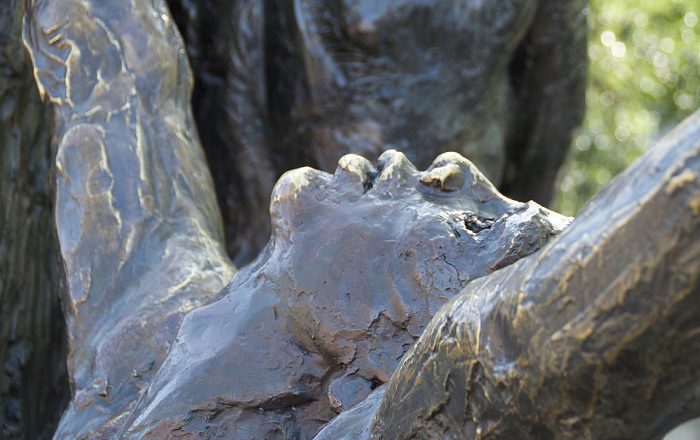Everyday African American Vernacular English Is A Dialect Born From Conflict And Creativity
Dr. Walter Edwards is a professor of linguistics at Wayne State University, Michigan, where he teaches courses on African American Vernacular English, sociolinguistics and American dialects. Until Aug. 31, 2022, he was also the director of the Humanities Center at Wayne State. Below are highlights from interviews with The Conversation U.S. and another online interview. Answers have been edited for brevity and clarity.
Exactly what is African American Vernacular English? A linguist explains.
What brought you to your field of research?
I grew up in the poorest section of the poorest section of Georgetown, Guyana, the nation’s capital. I grew up speaking what is called conservative Guyanese creole, a stigmatized language variety that was and is considered broken English by most Guyanese and...


